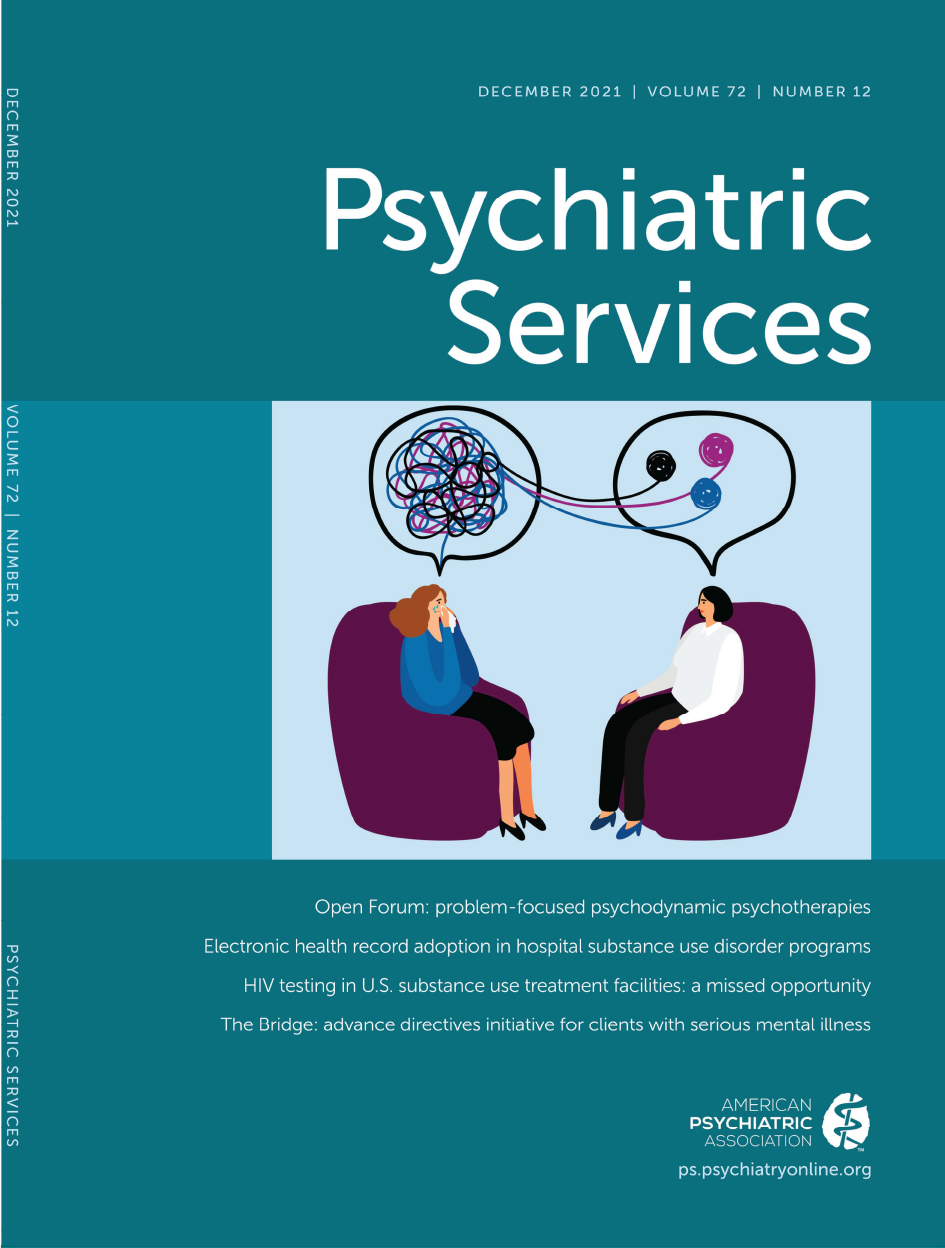North Carolina Specialty Courts, Treatment Access, and the Substance Use Crisis: A Promising but Underfunded Model
Abstract
Treatment courts aim to reduce criminal recidivism by addressing the behavioral health care needs of persons with psychiatric or substance use disorders that contribute to their offending. Stable funding and access to behavioral health providers are crucial elements of success for the treatment court model. What happens when courts lose state funding and must rely on local initiatives and resources? In this study, a survey of North Carolina treatment court professionals identified resource gaps and unmet needs. The authors argue that continuing state investment could make treatment courts more viable and effective. Medicaid expansion is a potential new resource for these problem-solving courts.



